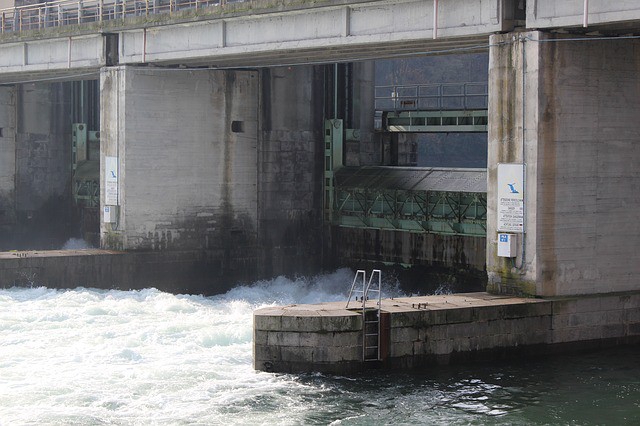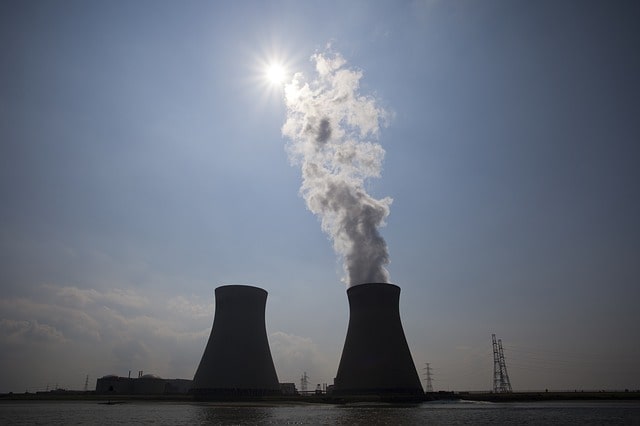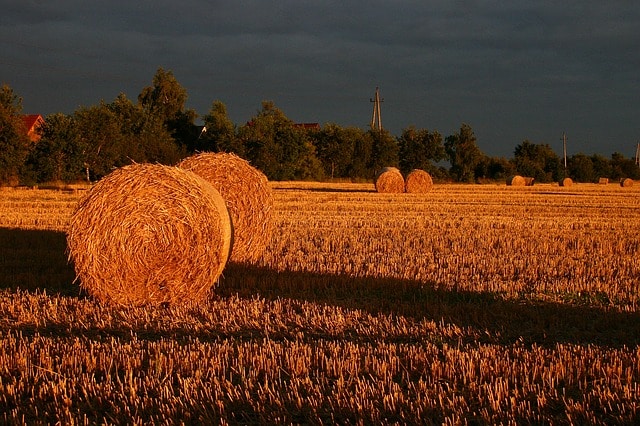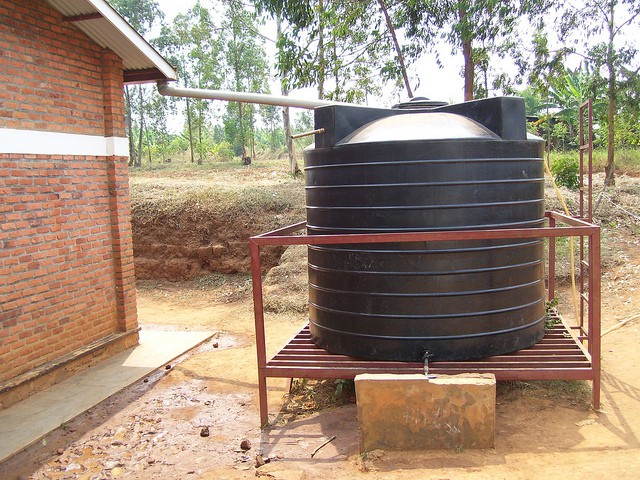The Art of Minimalism – 7 Reasons Why Less Is More
Whether appreciating benefits of nowadays or not, the fact is that we live in the age of abundance. Our lifestyle is dramatically different than the way of life of our recent ancestors due only to the possibility of countless choices that we have upon us every given day. Too much of everything can be too…















